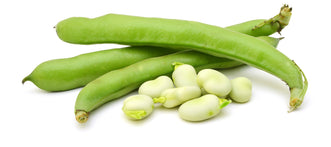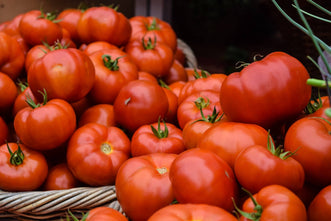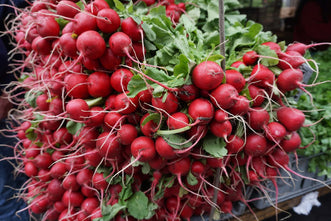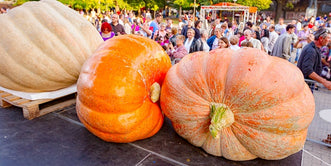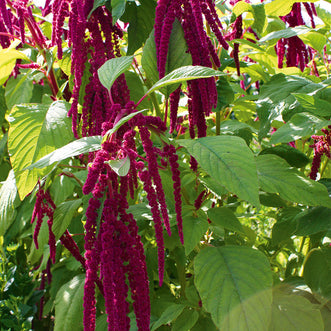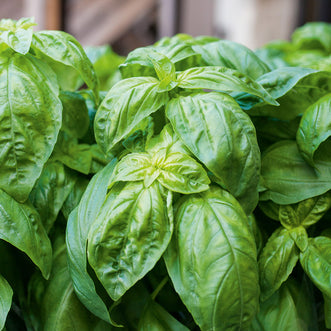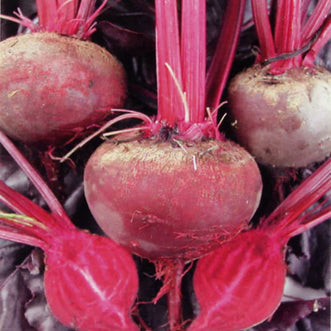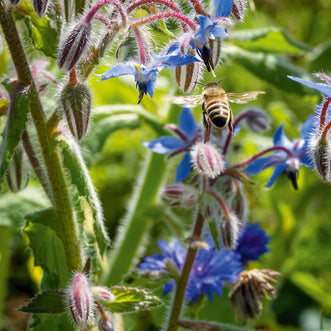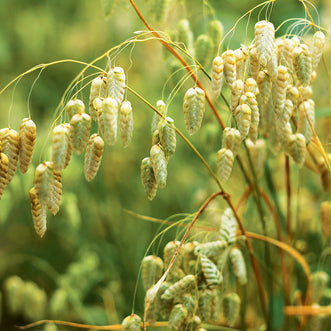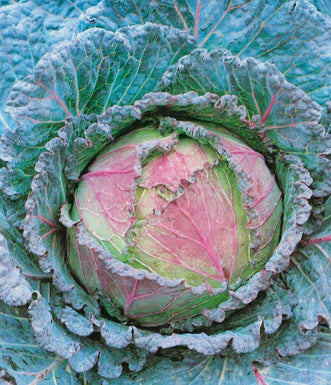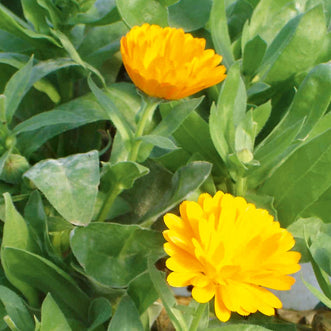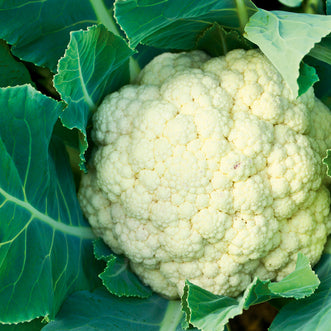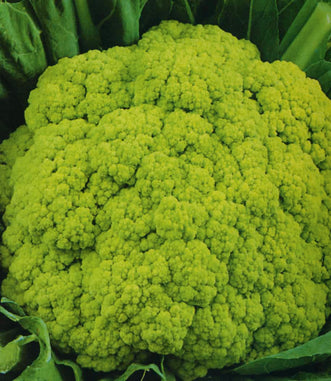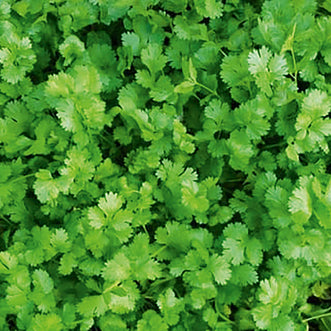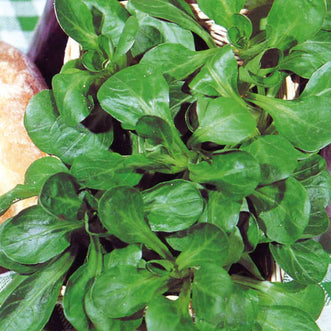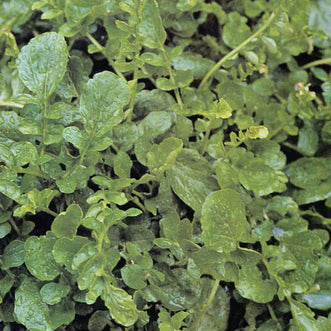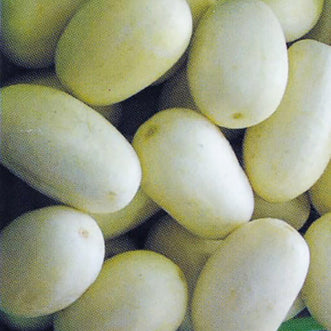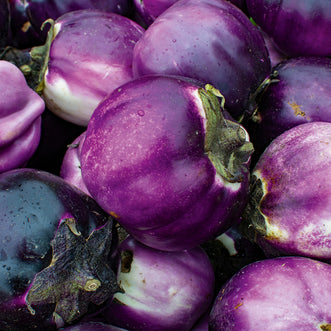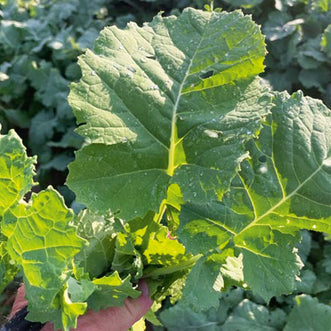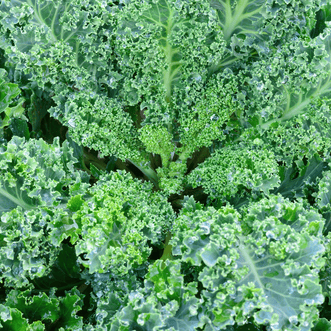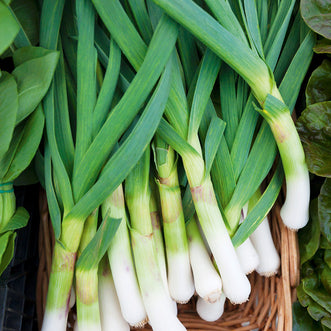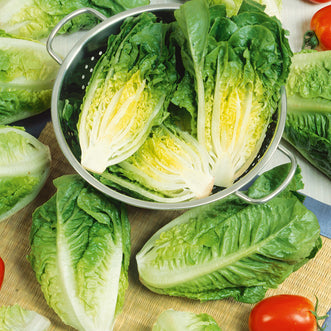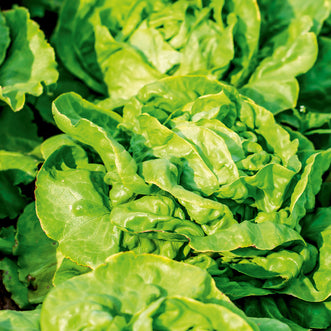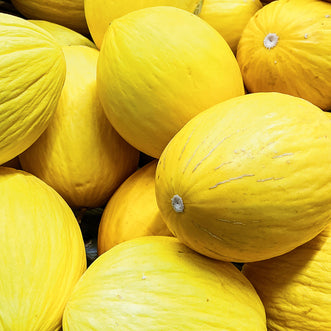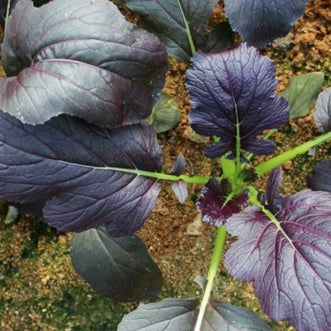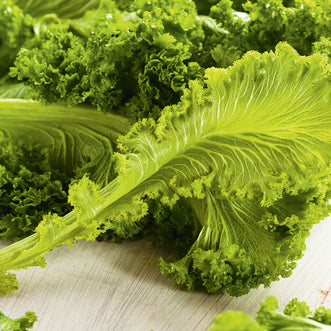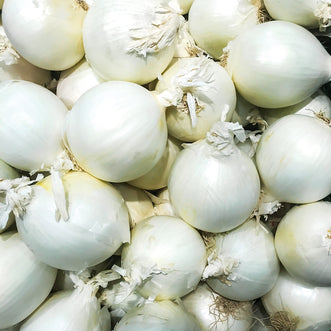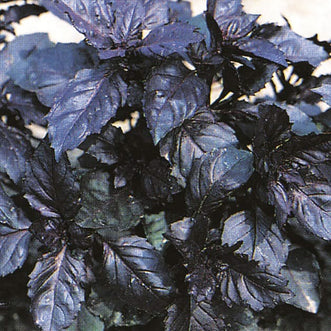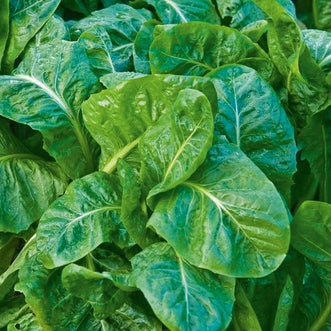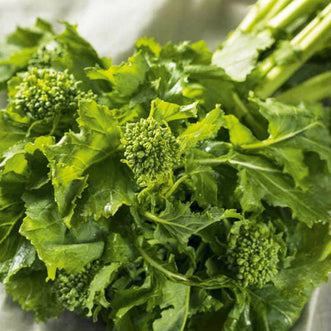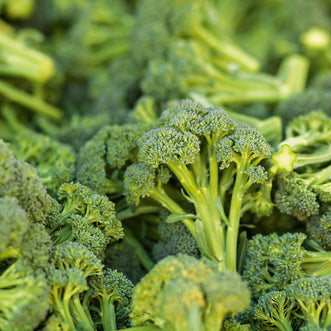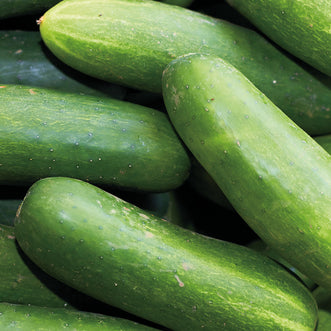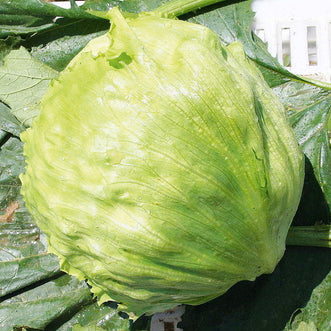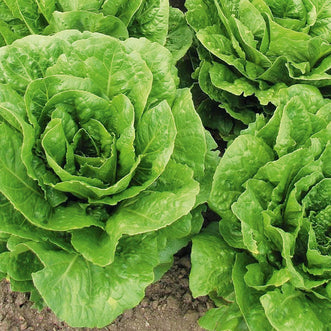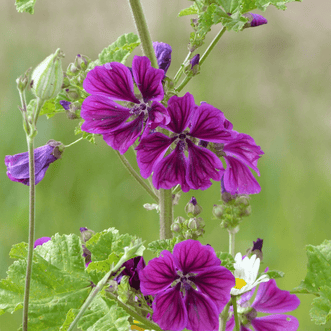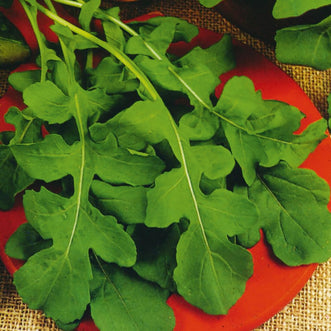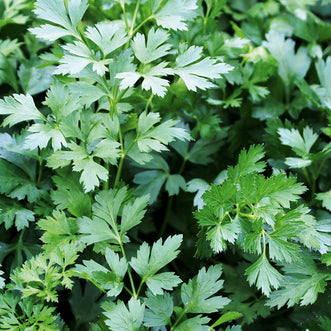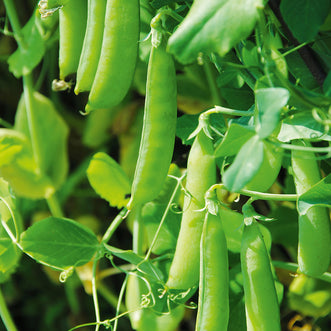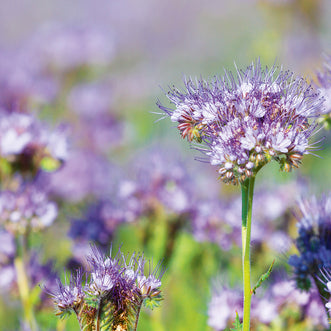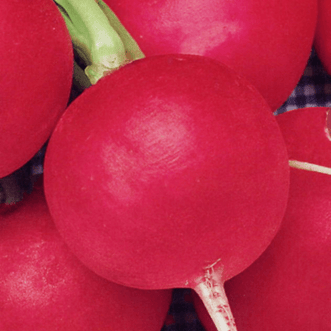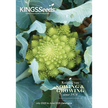Elegant Eggplants
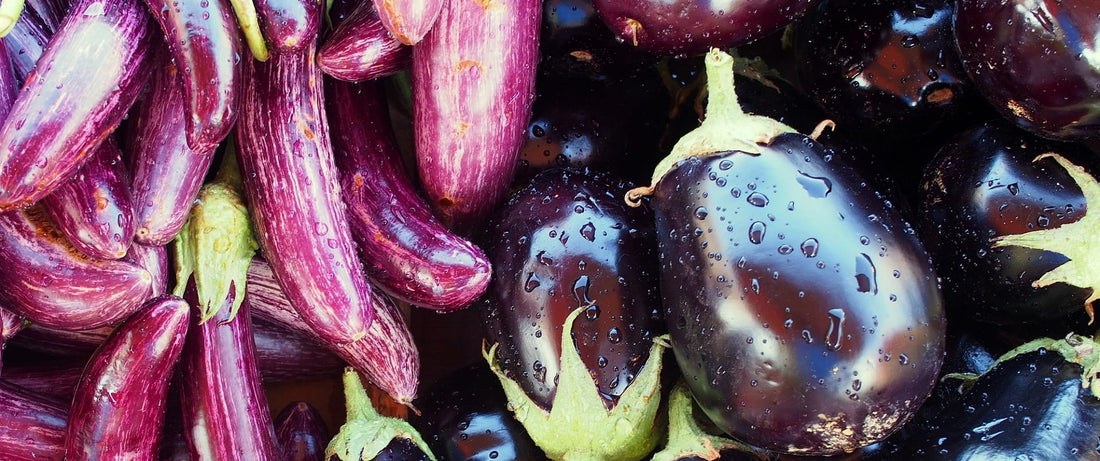
Eggplants have been an important part of many cuisines around the world since recipes were passed from one village chef to another.
Not originating in just one part of the world, different styles of eggplant are native to the warmer regions - South America, South East Asia, the Middle East and most areas of Africa. Currently China is the biggest producer of Eggplant fruit at over 32 million tonnes a year!
Described as having a mild bland taste similar to a Zucchini, they pair well with more flavourful ingredients and can be cooked by frying or deep frying or you can serve them boiled, baked, roasted or stewed. There’s probably a recipe or two out there for serving them raw as well. And they’re so good for you, high in fibre, vitamins and minerals, low in calories, helping to lower blood pressure and to regulate blood sugars - anyone with Type 2 diabetes will be pleased to hear this.

Eggplants are easy to grow over the summer months, requiring a similar warm, sunny, well-drained position in the garden to that of tomatoes and peppers to which they’re closely related:
-
Start your seed on a heat pad or in a germinating cupboard where they can get a constant warm and moist 20 degrees C. Generally, they take 7 to 14 days to germinate depending on the variety, level of warmth and moisture and the age of the seed.
-
Transplant into a bigger pot when the second set of true leaves are starting to form. The root growth under the surface will be indicative of the leaf growth above the surface so don’t be in too much of a hurry.
-
Transplant into the garden when the average daytime temperature is up around 20 degrees and all danger of night-time frosts have passed.
-
Choose a spot that has had lots of well-rotted mulch or compost dug in. Avoid excessive applications of nitrogenous matter as this will give you beautiful leaves but the flowers will drop off before the fruit set.
-
Stake your plants and keep them evenly watered over the growing period. Irrigation on the ground is better than hosing the plant as the foliage prefers to stay dry.

Some growing tips to help you enjoy eggplant success:
-
A lack of water over the dry summer months will discourage the plants from setting new fruit.
-
Aphids and Whitefly can be a nuisance but are easy to control before numbers build up. A simple soapy solution or low toxicity insect spray is all that’s needed.
-
The first fruit should be ready for picking approximately 80 days from planting them out, as long as you haven’t transplanted them too early.
-
Prune the plant to encourage fruit to set close to the main trunk, in case they become too heavy out wide and snap the branches.
-
Also pruning periodically through the season to remove excessive leaf growth, will encourage a new flush of leaves and flowers.
-
Epsom Salts watered around the plant on a weekly basis will encourage fruit set and develop flavour (1 tsp per 4 litres is plenty).
-
Fruit will taste better if they’re harvested at a slightly immature stage.
-
To determine ripeness, gently squeeze the fruit, once you release it, the skin should bounce back. If indentations remain, the fruit is not quite ripe.
-
Cut the fruit from the plant rather than pulling them.


